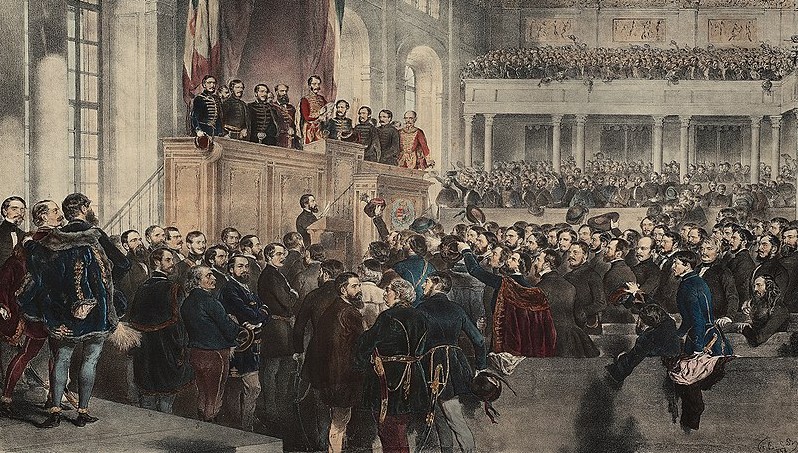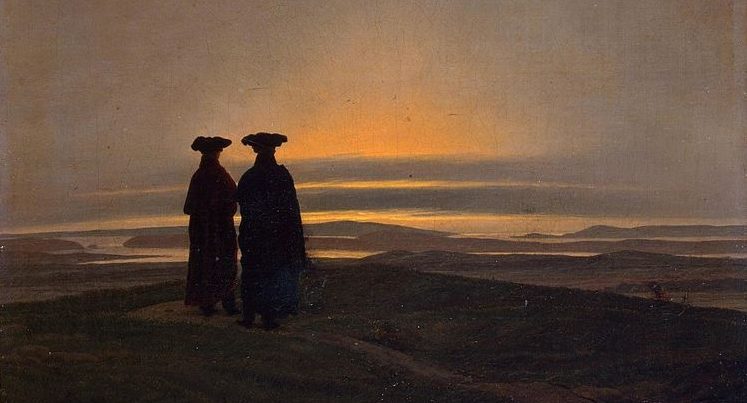
Positive Read of Bulgaria’s Parliamentary Crisis
Several years of caretaker governance, frequent elections, and inability to form a stable, legitimate, and broadly supported coalition suffice for breaking the spirit of many who believe Bulgaria could thrive as a proper democracy, and the result of the April 2023 general election also points in the same direction.









